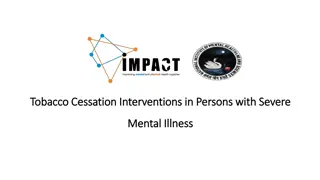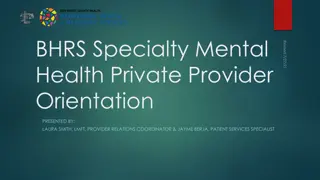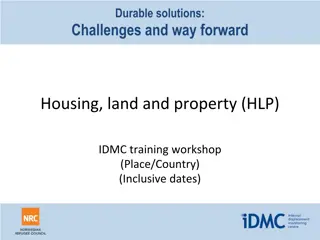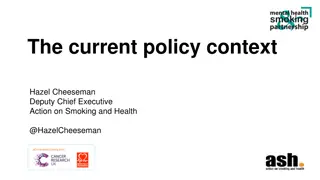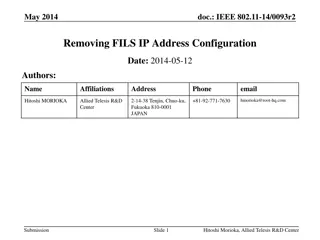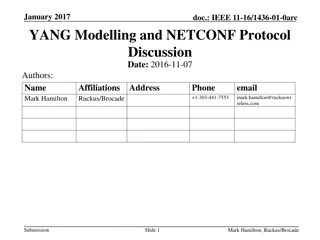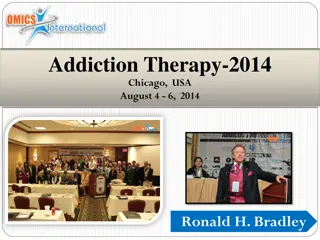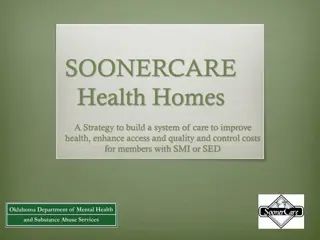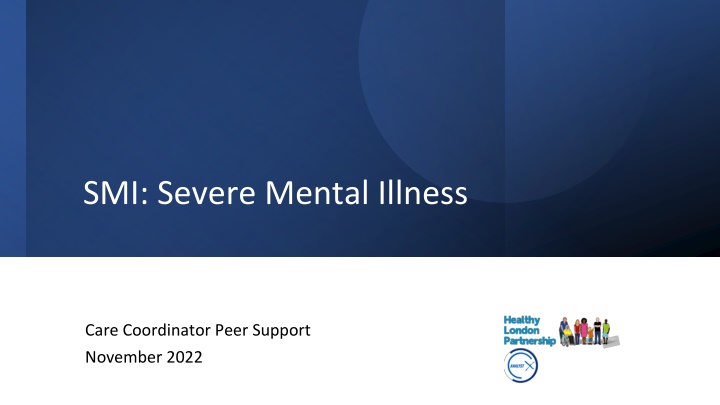
Severe Mental Illness and Support Options
Explore the impact of Severe Mental Illness (SMI) on individuals, including conditions like schizophrenia and bipolar disorder. Learn about the challenges, management strategies, risks, and prevalence of poor physical health in those with SMI. Discover communication techniques and practical considerations for providing care and support to vulnerable patients.
Download Presentation

Please find below an Image/Link to download the presentation.
The content on the website is provided AS IS for your information and personal use only. It may not be sold, licensed, or shared on other websites without obtaining consent from the author. If you encounter any issues during the download, it is possible that the publisher has removed the file from their server.
You are allowed to download the files provided on this website for personal or commercial use, subject to the condition that they are used lawfully. All files are the property of their respective owners.
The content on the website is provided AS IS for your information and personal use only. It may not be sold, licensed, or shared on other websites without obtaining consent from the author.
E N D
Presentation Transcript
SMI: Severe Mental Illness Care Coordinator Peer Support November 2022
People with psychological problems that are often so debilitating that their ability to engage in functional and occupational activities is severely impaired. SMI
Schizophrenia Bipolar Affective Disorder Major depressive disorder OCD Obsessive Compulsive Disorder SMI conditions PTSD Post Traumatic Stress Disorder Personality Disorder
Psychosis This is acute stage that can present in all above conditions Where patient finds it difficult to function normally due to severe symptoms of conditions including hallucinations, delusions, severe low mood When patients have been well treated and there are no acute attacks for some time patient can be in remission
Management Psychotherapy
Risk Vulnerable patients Self Neglect Self harm /Suicide Harm to others
People with SMI are at a greater risk of poor physical health and have a higher premature mortality than the general population [footnote 2]. People with SMI in England: SMI + physical health checks die on average 15 to 20 years earlier than the general population have 3.7 times higher death rate for ages under 75 than the general population experience a widening gap in death rates over time
Prevalence (age and sex standardised) of physical health conditions for severe mental illness (SMI) and all patients aged 15 to 74
Communication Adaptations written summary, collateral history, NOK/POA, sensory adaptation Multiple consultations Liaising with colleagues Empathy
Practicalities and boundaries Telephone consults - Caller ID, Introductions, talking speed, volume. F2F consults positioning, body language, panic buttons, involving other team members ?video consults Emotional boundaries and time management
How to support? Explore what is already in place Social Services Voluntary and community services Navigating systems Empowering





